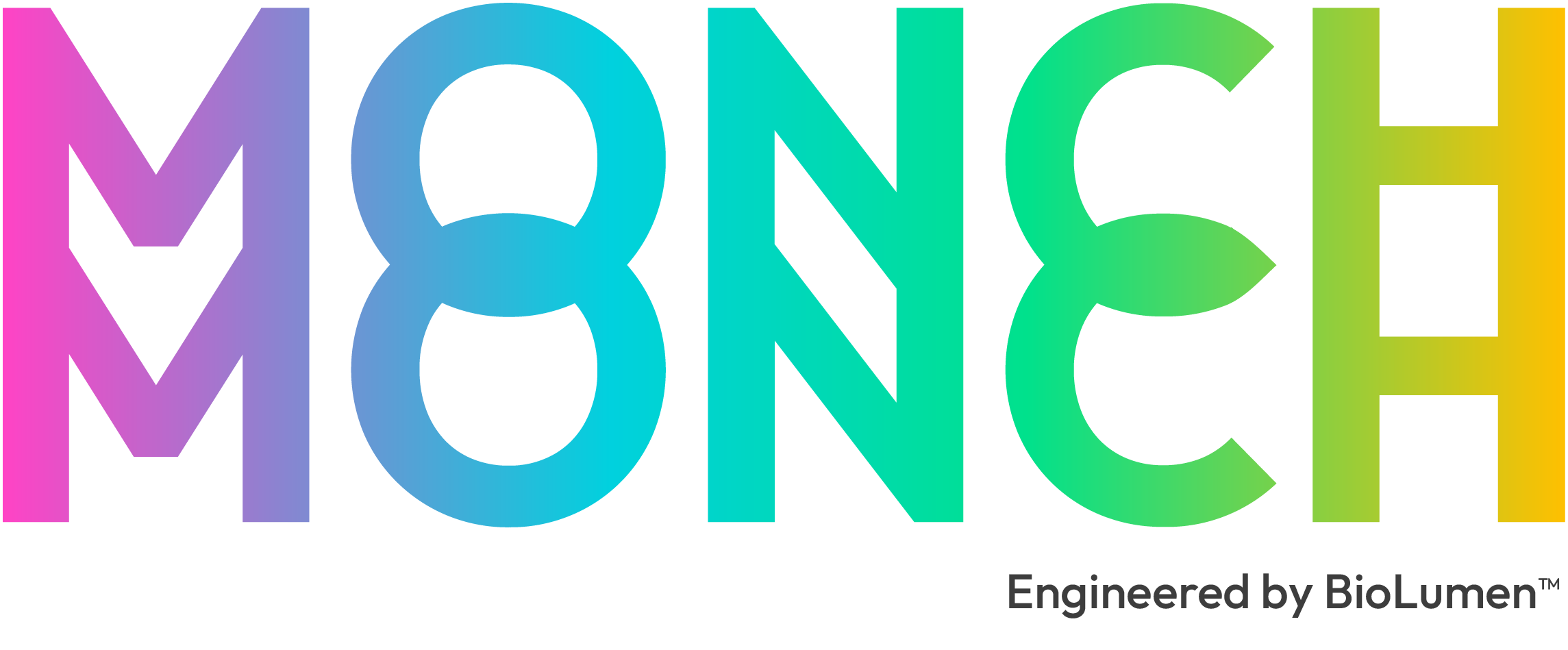
By Robert Lustig, MD, MSL
I've spent over 43 years as a clinician and scientist, and one thing I've always lived by is the need for solid data to support any claims. I'm naturally skeptical and don't take things at face value. My guiding principle is clear: "In God we trust, everyone else has to produce the data." Science is my unwavering compass.
You might know me as a vocal critic of the food industry, challenging their practices through my consulting work and books. I've never shied away from pointing out the industry's shortcomings.
But I'm also a realist. I understand that ultra-processed food isn't going away anytime soon. With the challenges of feeding 10 billion people by 2050 and the scarcity of resources, eliminating ultra-processed food isn't a practical solution. However, the health consequences of consuming these foods are a growing concern. Healthcare costs are soaring, with diet-related diseases making up a significant chunk of the expenses.
This is where Monch Monch by Biolumen comes into play. I'm proud to be Biolumen's Chief Medical Officer because our approach is rooted in science.
Monch Monch, the brainchild of our founder and CEO, Paolo Costa, is the answer to the problem of ultra-processed food. It's been meticulously crafted over 14 years to address the challenges presented by modern diets.
Monch Monch is a microcellulose (insoluble fiber) sponge designed to expand in the stomach and create a profound sense of fullness. It's loaded with a unique blend of hydrogels (soluble fiber) that limits the early absorption of glucose, fructose, sucrose, and simple starches in the duodenum. This leads to minimized blood glucose and insulin responses, along with several other health benefits.
We've conducted comprehensive trials, and the results speak for themselves. Monch Monch is more than just a dietary supplement; it's a potential game-changer in the quest for better health.
With Monch Monch, we aim to mitigate the consequences of ultra-processed food consumption and offer a realistic solution to a pressing problem. It's a step toward a healthier future, and as someone who's never been afraid to ask tough questions, I'm genuinely excited about the possibilities it presents.

